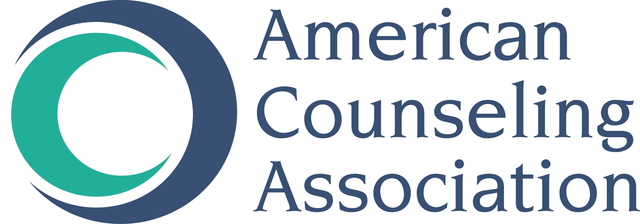Evaluating a Self-Developed Physical Wellness Self-Care Plan: A Single-Subject Design
Full description
Counseling is an emotionally demanding field that requires that counselors engage in effective self-care practices to lessen the risk of counselor distress, burnout, and impairment. Although there are several different types of self-care (physical, emotional, social, cognitive, and spiritual), this project starts with the very pragmatic physical type of self-care. The research question asks "can a practicing counselor demonstrate the effectiveness of self-developed physical wellness plans (exercise and nutritional plans), through reduction in body weight, resting heart rate, and blood pressure (systolic and diastolic)?" The single subject participant monitored her dependent variables daily for 41 days during baseline (phase A), then engaged in her self-developed exercise plan (utilized an online exercise wellness module based on the American College of Sports Medicine, 2006, guidelines for exercise prescription) for 28 days (phase B), then did a combination of her exercise plan with her self-developed nutritional plan (utilized an online nutritional module that contained a nutritional tracker - www.choosemyplate.gov) for an additional 28 days (phase C). The results indicated that the participant lost 12 pounds during the project, and increased her heart efficiency by 11.0% (decreased her resting heart rate from 82 to 73 beats per minute). The participant's blood pressure was in an optimal range during baseline and did not change significantly during the study.
Comments
to view and add comments.
Annotations
No one has annotated a text with this resource yet.
- typePdf
- created on
- file formatpdf
- file size710 kB
- container titleVISTAS Online
- copyright statusIn Copyright
- creatorDarren A. Wozny and Tonya Evans
- issue2013
- publisherAmerican Counseling Association
- publisher placeAlexandria, VA
- rights holderAmerican Counseling Association
